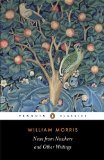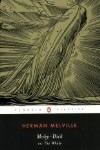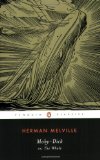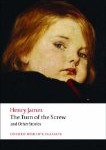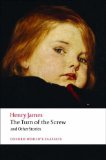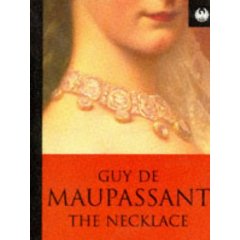Five words from the blurb: society, Utopia, Thames, visitor, future
The News From Nowhere was published in 1890 and is a fascinating insight into what Victorians imagined life would be like at the end of the 20th century. The book’s narrator, William Guest, falls asleep in 1890 and wakes up a hundred years later. He is amazed by the differences in society and it was interesting to see which things he predicted successfully, and which he was way off the mark!
The future is depicted as a Utopian society in which everyone works for the benefit of their neighbours:
It is said that in the early days of our epoch there were a good many people who were hereditary afflicted with a disease called Idleness, because they were the direct descendants of those who in the bad times used to force other people to work for them.
Resources are so plentiful that there is no need for money and every child is educated by their parents. Technology was notable by its absence and it was amusing to see that everyone still travelled around on horseback.
It wasn’t the easiest text to read, but the reward justified the effort. Much of the writing reminded me of Three Men in a Boat by Jerome K Jerome, as it had the same light humor and plentiful references to the River Thames. But is also delved into more complex issues, some of which went over my head.
Unfortunately Morris’ predictions for the future failed to come true. We’re stuck in our viscous cycle of consumerism, but it’s nice to have a glimpse into an alternate version of society. Recommended to anyone looking for something a bit different.

.
